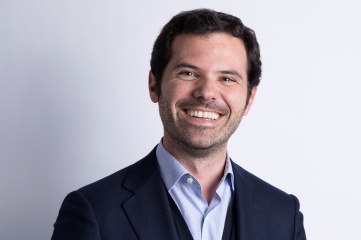HOST CITY: Rights holders, hosts and organizers of mega sports events have a number of requirements and expectations about the structure and content of opening and closing ceremonies. How do you balance these requirements, and how do you avoid ceremonies becoming formulaic?
Antonio Abete: Producing a sports event requires commitment, experience, creativity and managing skills. This is why the best companies in the world take the field when it’s time to organise these important ceremonies. Expectations are always high: sports ceremonies are among the most watched television events in the world.
On average, more than 4 billion people watch Olympic ceremonies. These events are in charge of telling the story of the country, showing its traditions, celebrating its future. They must meet technical demands as well as the emotional needs of the television audience and live viewers. Finding the right balance it is not simple; for this reason, long experiences together with the will to experiment with creativity are essential.
It is difficult to work in a stadium: there are a lot of limits, such as the field of play, which is untouchable. You need to be creative if you want to avoid banality and keep the viewers attention high. You have to think outside the box and interchange charged-up moments with poetic ones. The viewers will be able to feel a wide range of emotions thanks to the successions of performances.
HOST CITY: How important for the host city are the opportunities that mega sports events present for hosting other concurrent events, such as cultural festivals and business events, and how can a host city maximise these opportunities?
Antonio Abete: The host city has got a great opportunity to highlight and promote its heritage through the world. It is essential that the city works as the leader of the event and creates an appropriate structure for all the accessory events. The city should be the protagonist in order to allow the public to discover the resources of its land. During these events, sport is linked with social issues, politics, culture and the future of the society that it is representing. Host cities must be able to handle all these different aspects and adopt a long-term strategy to make the shows more successful.
HOST CITY: How do you see event production changing in 2015 and beyond?
Antonio Abete: There are no specific trends or determined directions. We are a leading player in event history, and we are aware of what we offer and what we can produce.
The events industry is influenced by trends, like every industry, mostly because of new technologies, which are now essential while creating and producing every kind of event. We have been the first one to try new strategies, find innovative instruments and changing the rules. We are one of the few companies in the world, and the only Italian company, to be licensed to organise Olympic Ceremonies. This makes us proud and encourages us in improving our services and our skills more and more.


